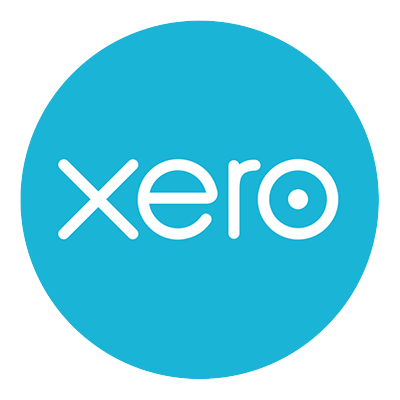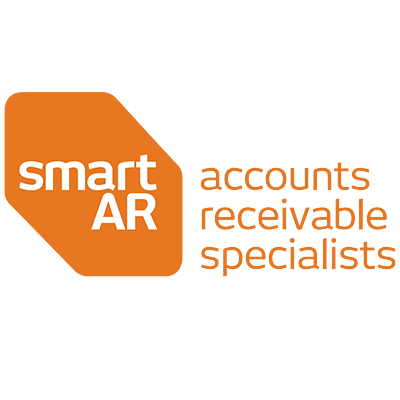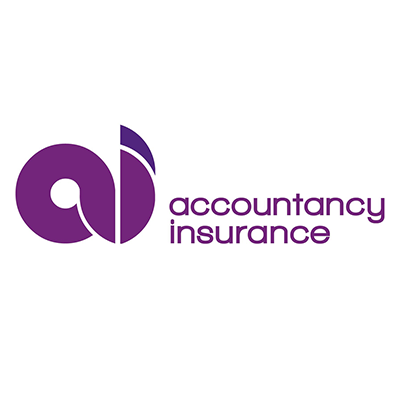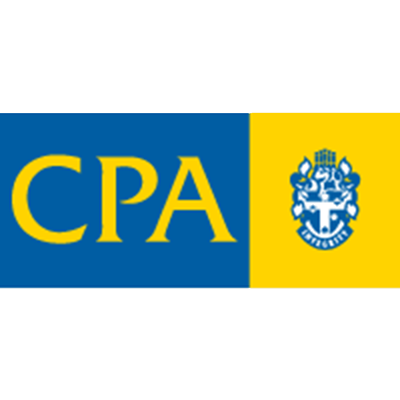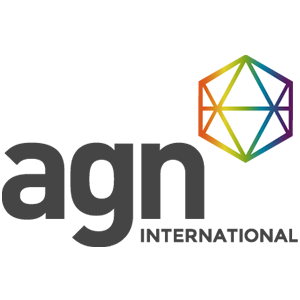New Company Setup
Setting up a new company is an exciting venture, but we are also aware that it can be daunting at the same time. Especially if it’s your first one.
Sometimes it can be hard to figure out what your new business actually does or does not need, and the administration involved can often become ‘too hard basket’. Whether it’s registering the company, banking services, insurances or even job descriptions and employment contracts – we are just a call and a cup of coffee away if you need assistance figuring out what’s next for you to get started.
Trusts & Gifting
Trusts can protect the ownership of your assets while you are alive. Reap the benefits of enjoying your assets even when you’ve transferred the legal ownership over to the trust. So, for example; the family home is in a trust, you no longer personally own the house – but you could still live in it if that’s what it states in the trust deed.
People usually set up a family trust to get some benefit from no longer personally owning an asset. A family trust may be useful to:
- Protect selected assets against claims and creditors – for example, to protect your family home from the potential failure of a business venture.
- Set aside money for special reasons, such as a child or grandchild’s education.
- Ensure your children, not their partners, keep their inheritances.
- Avoid unwanted claims on your estate when you die – such as from a former partner.
Who is involved?
A settlor: The person or company who creates the trust (e.g., you)
Trustees: The people who handle the trust. If you are the settlor, you can also be a trustee. It is also a good idea to appoint an independent trustee like a lawyer or accountant.
Beneficiaries: The people who benefit from the trust, for example you or members of your family.
In most cases there is more than one trustee, also more than one settler of a trust. The settlor or someone else can have the power to appoint and remove trustees. This is an important (super)power that you can also transfer to someone else in your will. Note that a trust does not necessarily end with your death – it was last for a maximum of 80 years from when it began.
What is involved?
First you will need to decide what things you own should be put into the trust, and what their value is. In most cases this will be the family home, but other things of value like cash, bank deposits, shares, artwork etc. can also be included.
The ownership of these assets will then be transferred to the trust and the trust then owes a debt back to you, the settlor. This debt can then be ‘forgiven’ through a process called gifting.
A legal document called a ‘trust deed’ will formally set up the trust. It will appoint the trustees, list the beneficiaries, and state various rules for the admin and management of the trust. The trust deed needs to be very carefully written!
Asset transfers
Once the trust is made, assets can be sold into the trust, at market value. However, although the trust wants to buy, say, your house (and you want to sell it to the trust), the trust has no money to buy it.
How then does the trust pay for the house? The answer to this is that you lend the trust the money.
Initially this is a ‘paper’ transaction – you sell the house to the trust, and the trust now owes you a house-sized debt.
However, the debt that the trust owes you is still counted as a personal asset. So, you will need to get rid of the debt so you can achieve the aim of owning less in your name. The way you do this is through ‘gifting’.
Gifting
Most people who form trusts, ‘gift’ away the debt that the trust owes them. Before October 2011 there was a limit of $27,000 that you could gift in one year without paying a tax called ‘gift duty’ to Inland Revenue. Gift duty has been stopped and there is no limit to how much you can gift in one year.
This means that where previously it would have taken 14 years to gift the value of a house worth $400,000 to a family trust without paying gift duty, you can now gift the whole amount of the debt straight away. However, it’s always best to seek legal advice before proceeding.
Gifts above $27,000 are included in your assessment for a Residential Care Subsidy.
Risks of trusts
If trusts are not set up or managed well, it can be costly, and a massive inconvenience. You could run the risk of having the trust declared a ‘sham’, which would mean that the assets are not really the trust’s but are in fact still yours. If the trust is a sham, you could lose all the advantages that you were hoping to gain from it.
Once you put your assets into a trust, you no longer personally own or control them. Instead, ownership passes to the chosen trustees who must abide by the terms of the trust deed in the best interests of the beneficiaries.
There have been cases of family members suing other family members for a breach of the trust’s provisions. The courts treat claims like this quite seriously and they will normally be expensive to resolve.
Forming a trust is a big decision. So, if you are going to form one, make sure that it is set up properly, for the right reasons, and managed well.




